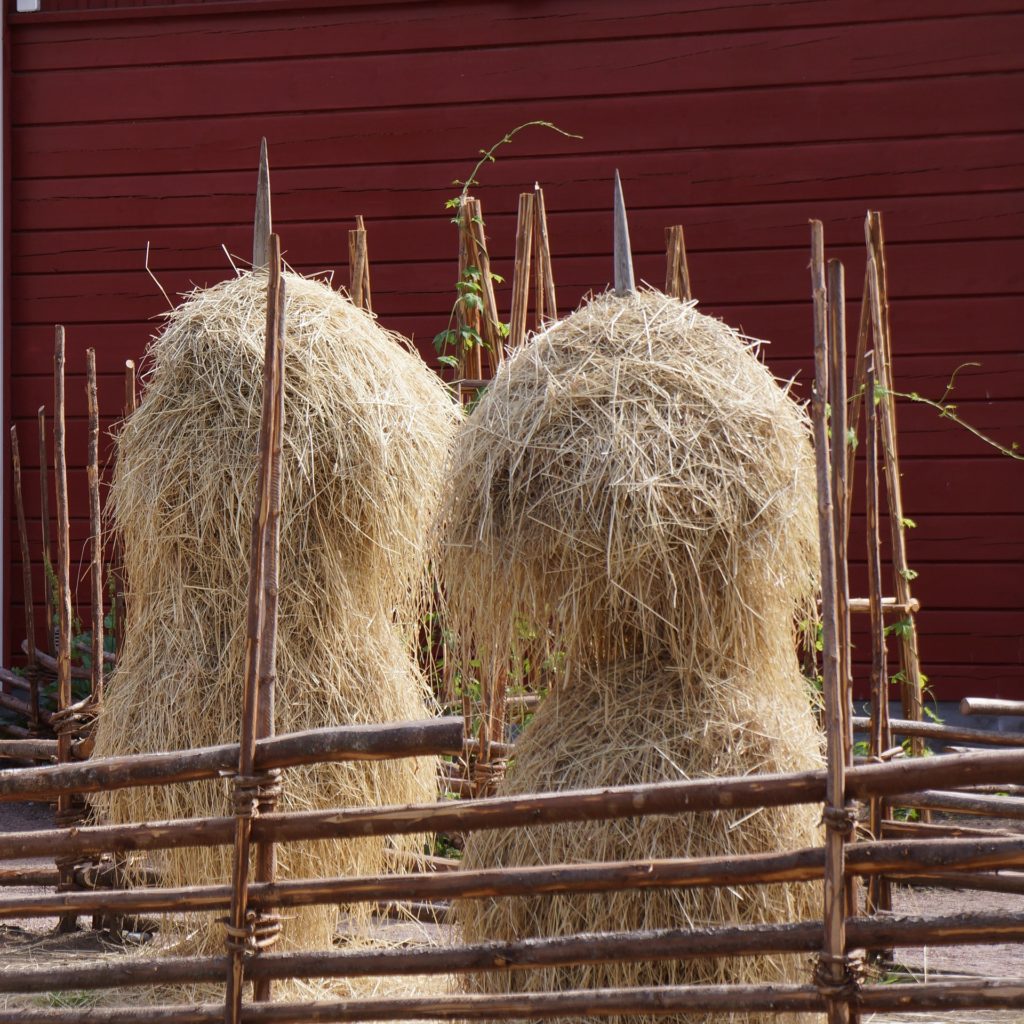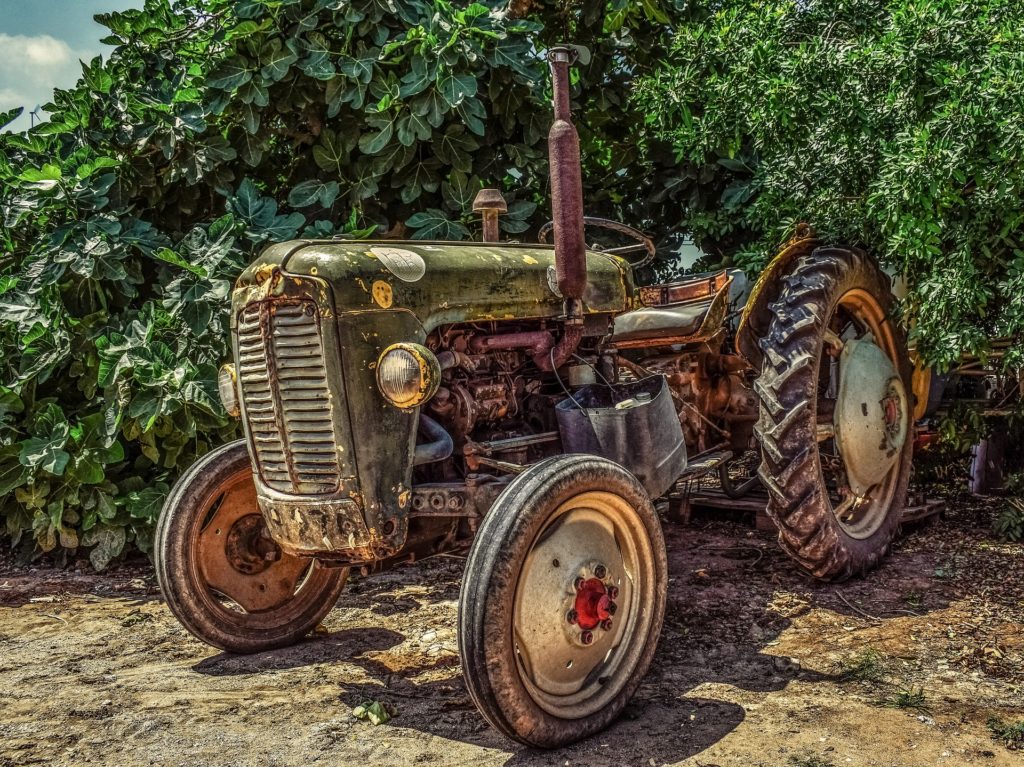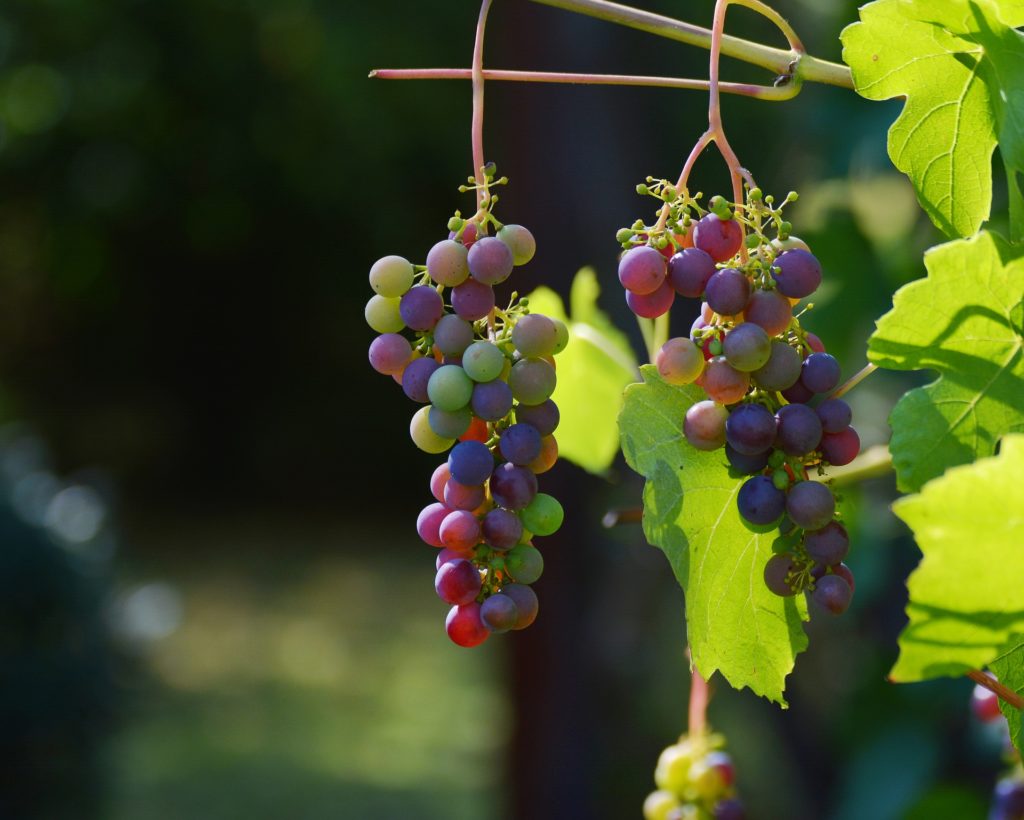A very good evening to you all! The Lifestyle Support Guru here with another insightful and incisive film review. The film, a French one, was suggested by Mrs Marzipan (who featured heavily in my last post). She was accompanied by her husband, Mr Lederhosen (who also featured briefly in the same post and who, for once, had not managed to come up quickly enough with a DIY project to get out of the afternoon’s entertainment).
The film was called ‘Les Gardiennes’ and had been positively reviewed in some newspaper or other, although Mrs Marzipan couldn’t remember which one – I have a feeling it may have been ‘Farmers’ Weekly’.
 The film was about how the women in France coped while their men were fighting in the Great War and, since I enjoy films about the two World Wars, I thought this would be an interesting ‘take’. Well, for the first hour, I thought we’d accidentally bought tickets for a screening of ‘Countryfile’ which had been filmed in an agricultural museum. We had long scenes of women haymaking, while the older men of the village stood around drinking homemade wine; every so often, a younger male member of the main family would turn up on leave from the front, give a little help in the fields, have a nightmare or two about the hostilities, then gaze into the distance for a while (as they always do in French films) before going back to fight.
The film was about how the women in France coped while their men were fighting in the Great War and, since I enjoy films about the two World Wars, I thought this would be an interesting ‘take’. Well, for the first hour, I thought we’d accidentally bought tickets for a screening of ‘Countryfile’ which had been filmed in an agricultural museum. We had long scenes of women haymaking, while the older men of the village stood around drinking homemade wine; every so often, a younger male member of the main family would turn up on leave from the front, give a little help in the fields, have a nightmare or two about the hostilities, then gaze into the distance for a while (as they always do in French films) before going back to fight.
A young woman, Francine, an orphan, joined the cast to help on the farm and, of course, fell in love with Georges, one of the sons of Hortense, the matriarch of the family. The tempo was upped a bit by now because Hortense, after falling over as she was guiding the plough (too much homemade wine, I suspect), decided to mechanise the haymaking and we were treated to a ten-minute scene of how this machine worked – fascinating! I was waiting for Hortense to get swept into the machine, but no such luck. Given that there was a war on, how did they manage to get the money? By selling homemade wine to some dastardly American soldiers who had not yet been sent to the front.
 I’m not sure you want much more detail – a tractor featured, and we were treated to five minutes of that being driven around the farmyard – and Hortense didn’t get run over, sadly.
I’m not sure you want much more detail – a tractor featured, and we were treated to five minutes of that being driven around the farmyard – and Hortense didn’t get run over, sadly.
Meanwhile, Francine has been getting more involved with Georges – they go off on a picnic and ‘cement’ their relationship, so to speak. I was most disappointed because they didn’t touch their picnic at all, leaving the baguette sticking up out of the wicker basket to go stale. ![]() 😊
😊
 However, things were not meant to run smoothly – as Georges was being driven to the station by his mother to go back to the front, they pass Francine selling some wine to one of the dastardly Americans who is trying to kiss her – of course, Georges gets completely the wrong end of the stick (or baguette?) and Hortense encourages him in his mistake. Briefly, Francine gets the push and, of course, she finds out she’s pregnant but, although she writes to Hortense to tell her this, Hortense throws her letter on the fire.
However, things were not meant to run smoothly – as Georges was being driven to the station by his mother to go back to the front, they pass Francine selling some wine to one of the dastardly Americans who is trying to kiss her – of course, Georges gets completely the wrong end of the stick (or baguette?) and Hortense encourages him in his mistake. Briefly, Francine gets the push and, of course, she finds out she’s pregnant but, although she writes to Hortense to tell her this, Hortense throws her letter on the fire.
As the film was going on, the year would be shown briefly when action changed and I (naively, as it turned out) assumed it would finish in 1918. It was when 1920 flashed up that I whispered to Mrs Marzipan and Mr Lederhosen, ‘I just hope this isn’t going to continue into the 21st century – we’ll be here all night.’
All ends happily – sort of (this is a French film, after all!). Francine, who has come into some money, is leading a happy life as a singer, and Georges turns up where she’s singing, and he looks thoroughly miserable. Hah!
We felt in need of some refreshment after all this agricultural misery, so we repaired to the bar for some wine. With eyes bigger than our thirsts, we ended up not finishing a bottle of wine and Mrs Marzipan and Mr Lederhosen insisting that I take the unfinished bottle home with me. Picture me getting on the bus home with a half-finished bottle of wine sticking up out of my handbag. Luckily, no neighbours were on the bus, so I think I got away with it!
Enjoy the rest of your evening! ![]() 🍷
🍷![]() 📽️
📽️![]() 🚜
🚜![]() 🥖
🥖![]() 👩🌾
👩🌾![]()